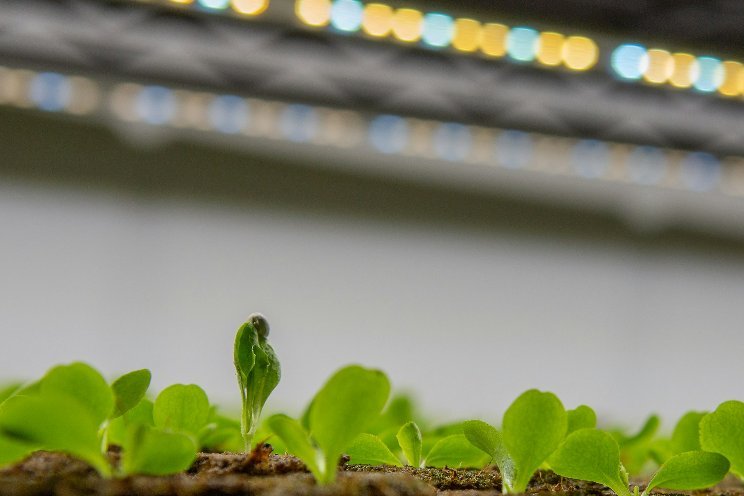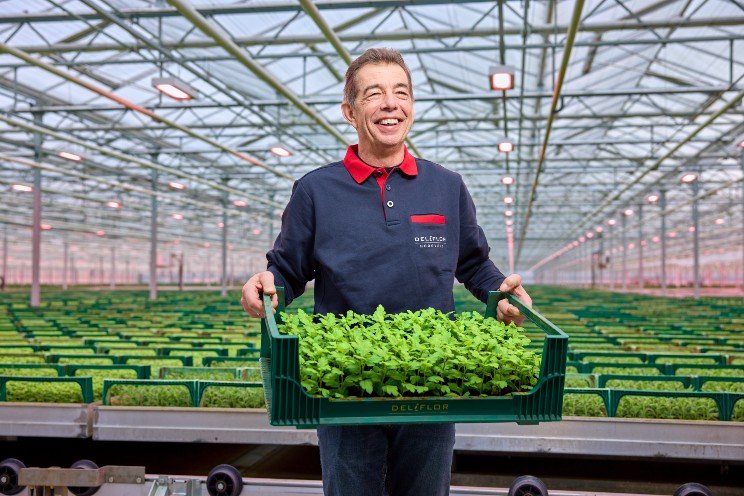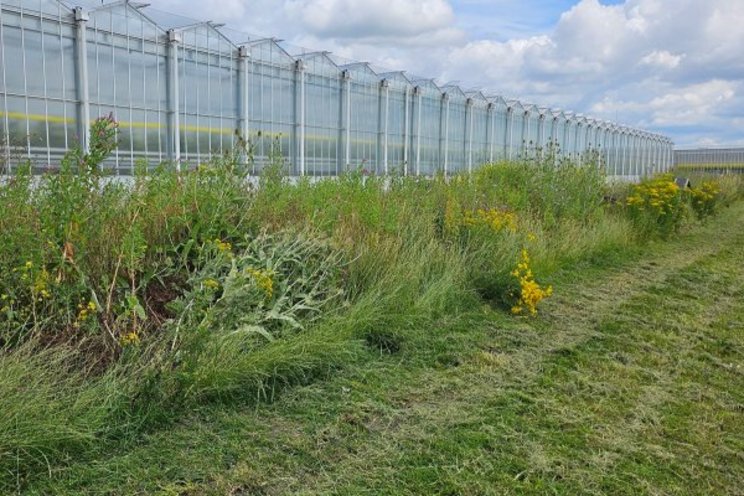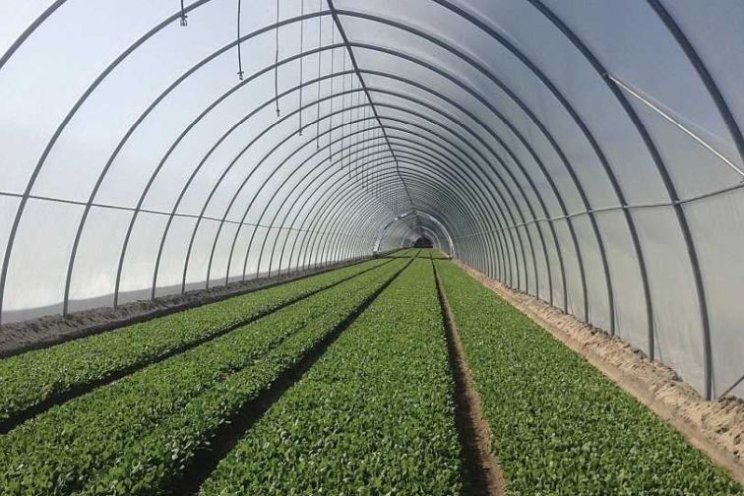The benefits of a quality tissue culture lab
Added on 16 October 2023
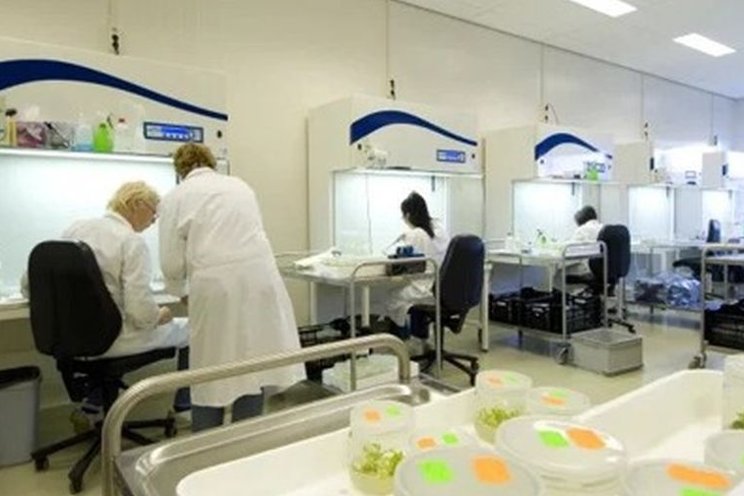
Cubic Grow BV, a European-based supplier of horticulture products, recently explored the advantages of having your own lab and the control it offers for nurturing young plants and creating new hybrids.
Understanding Lab Tissue Culture
Lab tissue culture, also known as micropropagation or in vitro propagation, involves growing plant cells, tissues, or organs in a clean and controlled setting. It’s a bit like raising plants in a sterile laboratory, where conditions are perfect for growth, and contamination is kept at bay. This process allows for rapid plant reproduction while maintaining genetic consistency.
Why a Quality Lab Matters
- Ensuring Genetic Purity: A quality lab guarantees that your plants remain genetically identical to their parent plants. This is vital for horticulturists who want uniform and predictable results.
- Disease-Free Plants: A well-maintained lab minimizes the risk of contamination, leading to disease-free plant material. This is especially important when dealing with valuable or vulnerable plant species.
- Customization: Having your lab gives you the power to control every aspect of the growth process. You can fine-tune conditions like light, temperature, and nutrients to optimize plant growth.
Photo: Cubic Grow
More news

